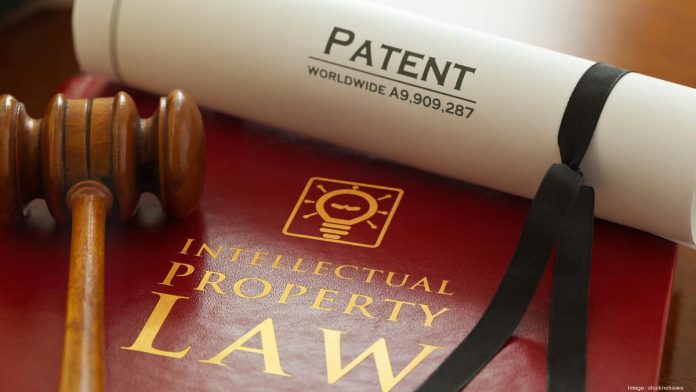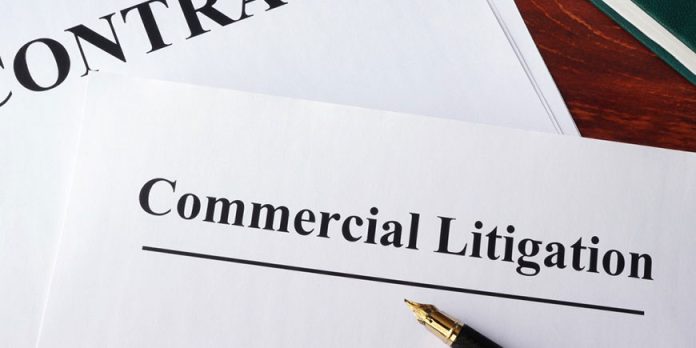Businesses must resolve disputes at the earliest, especially when they are commercial litigation matters from competitors, suppliers, or clients. Litigation cases are costly to fix and sometimes disrupt the reputation and completely change how the company does its business. Hiring a commercial litigation attorney can help companies resolve these disputes as fast as possible with minimized consequences and in the best interests of the company meanwhile protecting its reputation.
A commercial litigation attorney is an expert in commercial litigation and can help businesses understand the legal system and resolve disputes in the most cost-effective way possible. They can help you narrow down the most appropriate course of action and protect your rights. They may also be able to help you negotiate a settlement or obtain compensation for your losses. They also have the knowledge and experience to represent their clients in complex litigation, saving businesses time and money. The right commercial litigation attorney can reduce the risk of disputes escalating to the court, which can take even longer to resolve and is expensive to fix.
Types of Commercial Litigations
“Commercial Litigation” is an umbrella term for various disputes that may arise while doing business. These disputes can be related to
-
Security

Security litigation class of disputes occur when investors file a case against the company for breach of security policies. They can sue if a company does not live up to its security promises.
Clients can sue a company if the company has lied to them about the facts and figures or did any fraud. It can include illegal activity such as filing false documents or false securities. Often State or Federal court deals with such cases.
-
Breach of Contract
As the name indicates, these cases are filed when two parties agree to some terms and conditions but fail to meet them. This breach is of different types based on the unfulfilled terms and conditions. They are of four kinds; anticipatory, minor, material, and actual breach.
A minor breach occurs when a company fails to entirely deliver a product or service as stated in the contract, but they do provide a part of it. Anticipatory breach occurs when one party thinks the other will never meet their expectations and obligations. A material breach occurs when the company gives something entirely different from what is there in the contract. An actual breach occurs when a company refuses to fulfill the things stated by the client.
-
Intellectual Property Litigations

An IP violation occurs when someone uses the patents, trademarks, and copyrights without the owner’s permission. It is no less complicated than other litigations, and here the court decides whether there is an infringement or not and what damages the company is about to face.
Apart from deciding on the infringement, the court also checks the validity of the patents, trademarks, and copyrights. It is necessary because if the court finds the patents, trademarks, and copyrights are invalid, the company can avoid paying the damages. It is called defenses.
-
Antitrust Litigation
Antitrust laws were created in a way to promote competition among corporations and provide benefits to the consumers. The aim is to prevent price-fixing, restrict acquisitions and prevent the complete dominance of monopoly power. It prevents companies from acting as a single entity in a market.
For example, a monopoly occurs when a company controls a significant part of the market. The antitrust laws prevent this and ensure competition in the market.
-
Regulatory Disputes

If the company fails to abide by the rules set up by the regulatory agencies, clients can legally sue them. It can cause financial damage to compensate for the rule break. But if the company is honest with its dealings with employees and the public, it can avoid these lawsuits. It can take advantage of bankruptcy and reorganization laws, too.
Moreover, once companies have broken the rules, they are often held liable for damages caused by the rule break, even if they were not at fault for breaking the rules.
How to resolve Commercial Litigation Matters?

-
Understand the dispute
Review every document, correspondence, agreement, or contract signed between you and the other party. You also need to understand the reasons for the dispute. Review the written documentation carefully. If the documentation does not reflect the current agreement, it is essential to have a record of changes.
If the dispute is about a change in the legal document, make sure that the new legal document is an accurate reflection of your agreement, and you carefully review it again. If all other efforts fail, employ the services of a lawyer to review the document and advise you.
-
Seek Professional Advice
Consider arbitration first and if it does not work, then only seek professional help. The best will be to settle the dispute out of court. Hire a lawyer from firms like Summit law LLP. Find an experienced lawyer who has dealt with commercial litigations. Review their previous cases and their results. Communicate agreeably with the interests of your company and analyze if they are the right person to represent you in the courtroom. Don’t be afraid to suggest other lawyers if you feel the one you’ve chosen is not a good fit for your company. It will help you find a lawyer who understands your company’s needs and will give the best results.
It is necessary to find a lawyer who is accessible, who works with you and your company and can resolve your disputes without taking them to court. A good solicitor will save your company money, time, and effort and help ensure your company’s reputation and operations run smoothly. The right lawyer can help you avoid the cost and risk of litigation and resolve issues quickly and efficiently.
Conclusion
Disputes can arise due to various reasons and are unavoidable while doing business. Commercial Litigations are complicated, and it increases the cost of doing business. While dealing with such cases, in business, remember it comes with the hidden cost of both money and reputation.








